The following Motions were passed at the SSTA’s 74th Annual Congress on Friday 18th & Saturday 18th May 2018 #SSTA18
Motions
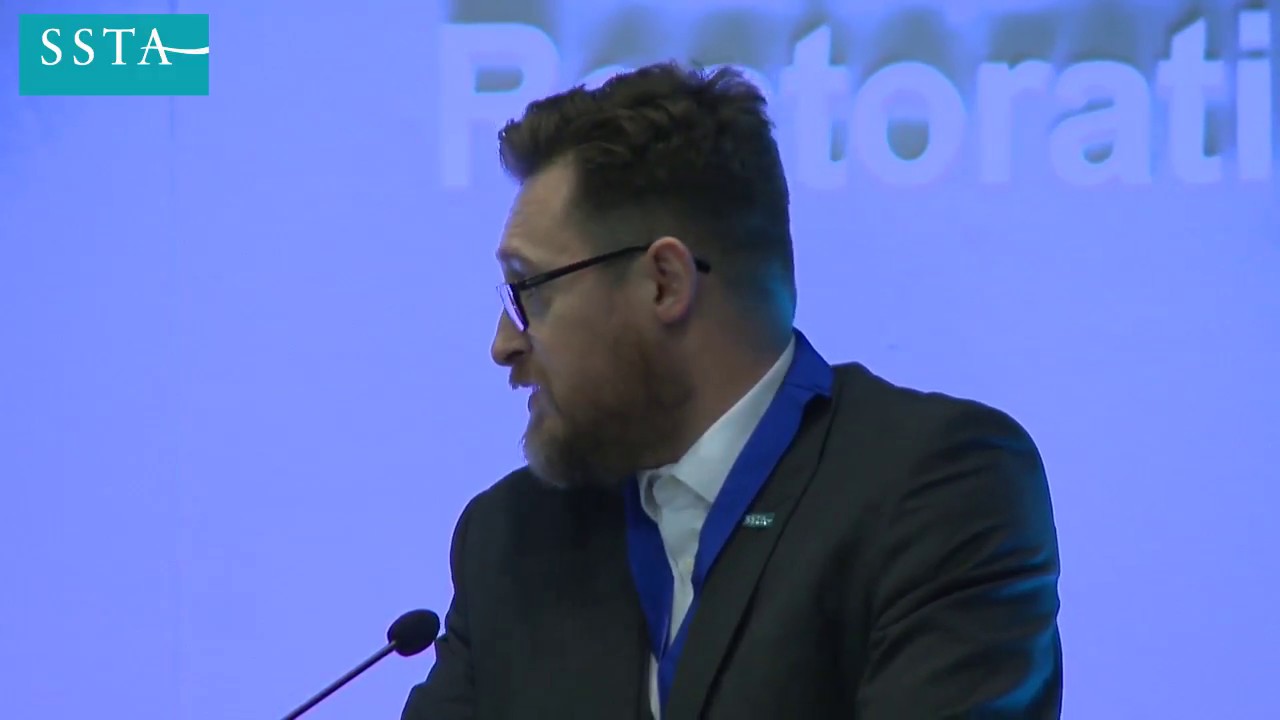
Congress notes that secondary teachers in Scotland are paid less than teachers in England who would not even qualify to be registered to teach in Scotland.
Congress further notes that top of the un-promoted scale, degree qualified and teacher trained secondary teachers in Scotland earn £4000 per year less than top of the un-promoted scale, non-degree qualified and non-teacher trained colleagues in further education colleges.
Congress believes that the current inability to recruit sufficient quality applicants to fill available places on teacher training courses is entirely predictable and requires to be addressed urgently to prevent staffing difficulties in our schools becoming even worse. Scotland’s pupils deserve to not have their education damaged by the inability of their schools to find subject specialists to fill vacancies.
Congress therefore expects the Government and Cosla to recognise the valuable work that teachers play in society and to restore pay levels, undoing the damage caused by a number of years of pay cuts. This would be a major step to retain and recruit a sustainable workforce for the future. Congress instructs National Executive to extend the current industrial action strategy up to and including strike action, in the event of the Government failing to agree a pay deal to restore the ‘true’ value of teacher salaries.
Proposer: Kevin Campbell, President, National Executive
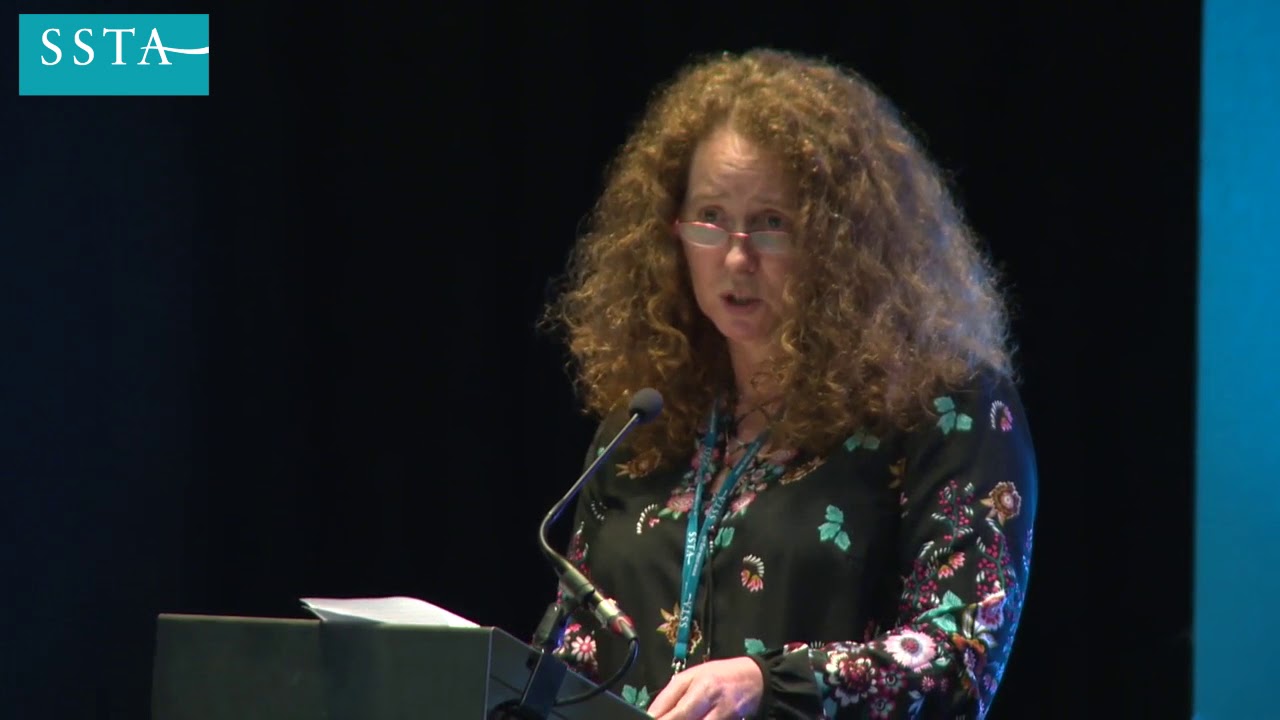
Congress is increasingly alarmed at the lack of recognition of the importance of the role of Guidance and Pupil Support teachers in supporting pupils in achieving their true potential. The constant pressures applied by continuous education cuts have resulted in cuts in provision to the detriment, in particular, of those pupils most in need. The recent SSTA survey has shown that guidance and pupil support teachers are being prevented from undertaking their duties due to financial pressures and the lack of understanding of their roles in closing the attainment gap.
Congress calls for a guaranteed dedicated team of teacher professionals to focus on supporting pupils in every school, which is protected from the vagaries of the economic budget decisions at school level. This would ensure that all young people would have access to the support to which they are entitled.
Proposer: Janine McCullough National Executive
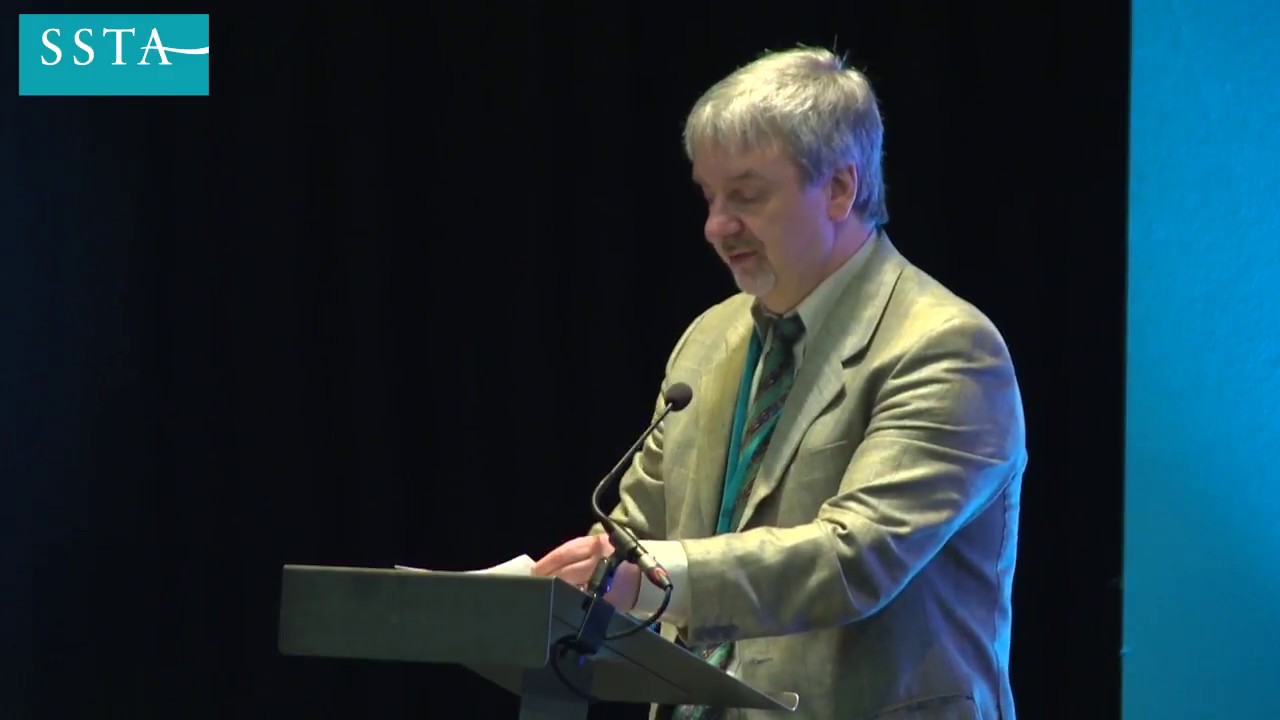
Congress notes the Government’s desire to create a school and teacher-led education system and to close the attainment gap. However, it is the view of the SSTA that to introduce a Headteacher Charter and create an Education Workforce Council is unnecessary. Congress is concerned about the extent and pace of structural change included in the Education Bill (2018)
Congress calls upon the Deputy First Minister to delay bringing about legislative change at a time when the focus should be on supporting the teacher in the classroom. Congress would recommend a review of the progress being made before considering further time-consuming legislation. Pupils, teachers and schools do not need further educational changes but a time for stabilising the education system.
Proposer: John Guidi, Vice President, National Executive
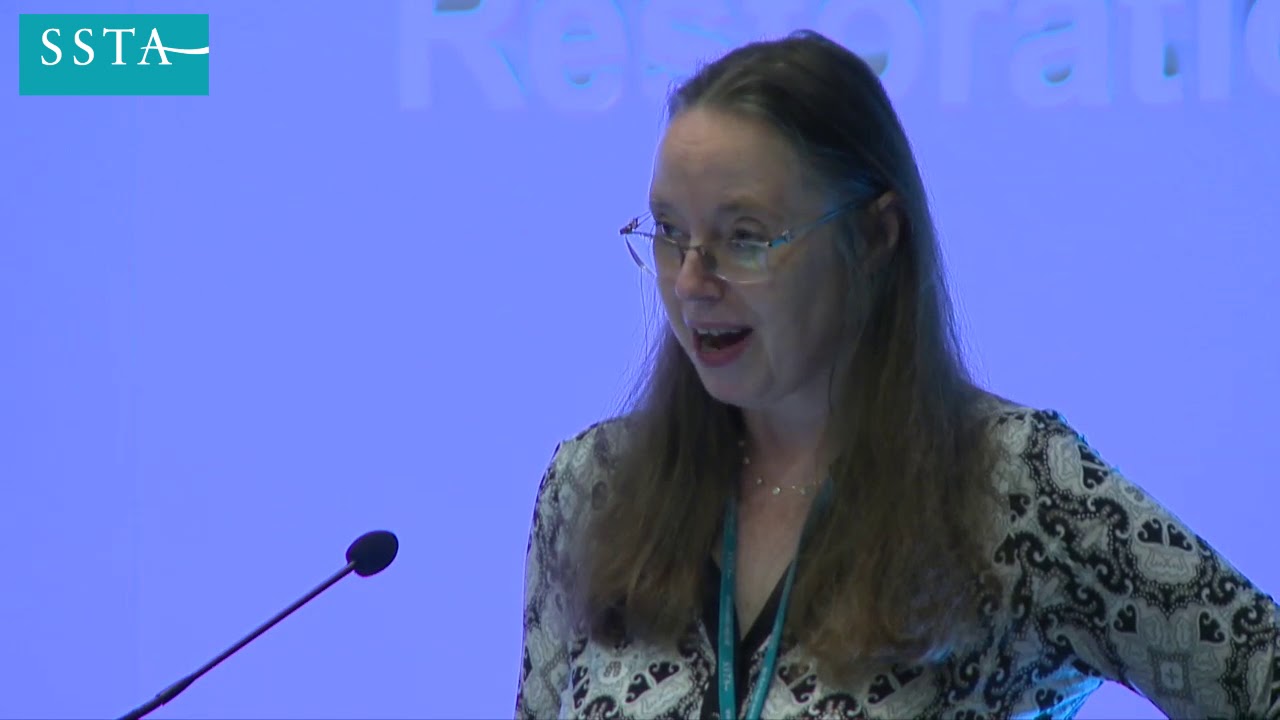
Congress welcomes the decision of the Scottish Negotiating Committee for Teachers (SNCT) to establish a ‘Teacher Career Pathway’ committee to consider the possible routes that all teachers could follow throughout their careers. It is essential that the proposals are able to motivate and develop a career structure to ensure a sustainable teaching profession and not a system that ‘burns out’ teachers after a short period of time. However, Congress affirms its belief that the central and most important role is the teacher in the classroom and it must be seen as a career structure in its own right and rewarded accordingly. The proposed career structure should also ensure that all other roles are focussed on supporting the teacher in the classroom.
Congress commits National Executive to engage with the ‘Teacher Career Pathway’ committee to ensure that teaching and learning and the role of the classroom teacher are the major focus.
Proposer: Catherine Nicol, National Executive
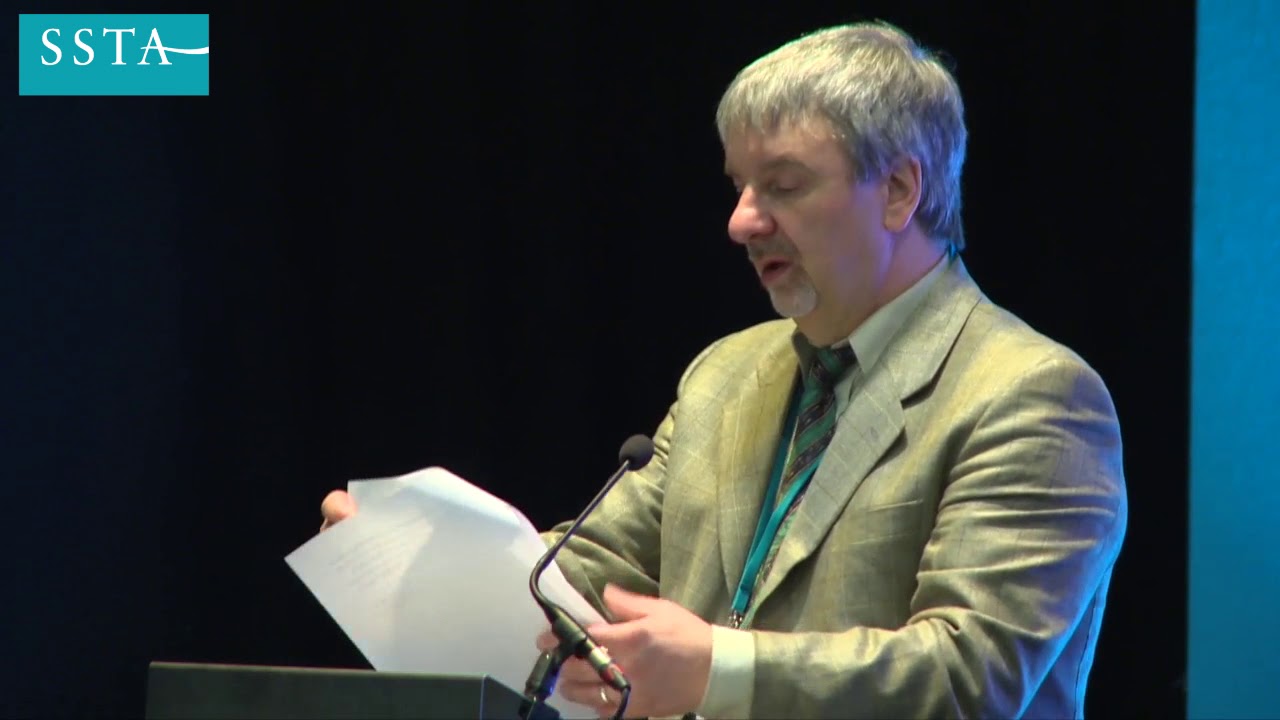
Congress notes the collaboration of Local Authorities, guided by the recently introduced Regional Improvement Collaboratives (RIC) and sees the potential for the sharing of good practice, the increased opportunities for professional development and the establishment of sector and subject groups. However, Congress is concerned by the apparent movement to make structural change, the lack of the teacher union voice and the potential to further increase teacher workload.
Congress calls on the Government to ensure that the SSTA, as the voice of Secondary School Teachers, is a major stakeholder, so that the needs of classroom teachers are central in the development of this initiative and to ensure that measures are in place to ‘workload proof’ any proposals emanating from the RIC Development Plans.
Proposer: John Guidi, Vice President, National Executive
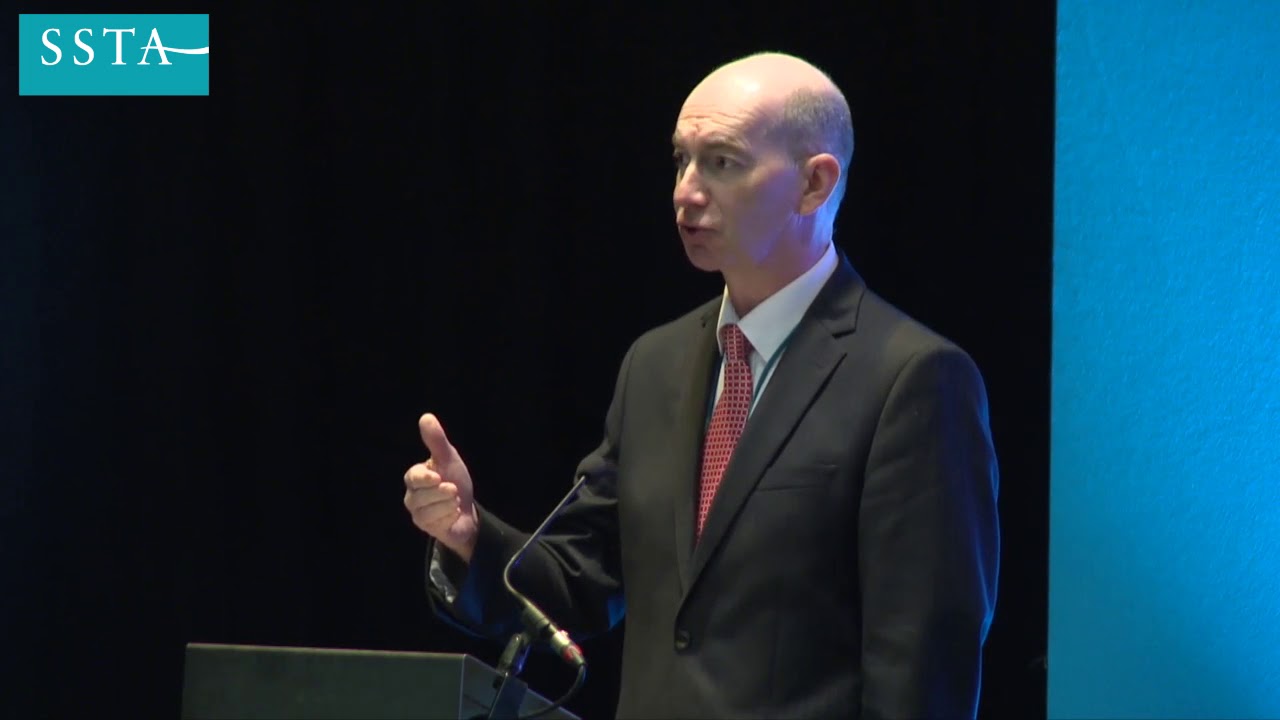
There is increasing evidence that many employers are refusing requests for non-contractual parental leave and flexible working arrangements. This is having a detrimental effect on family life and in some cases is leading to teachers leaving the profession. The SSTA calls on Local Authorities to reaffirm their support for teachers, by making a stronger commitment to support these requests.
Proposer: Gordon West, National Executive
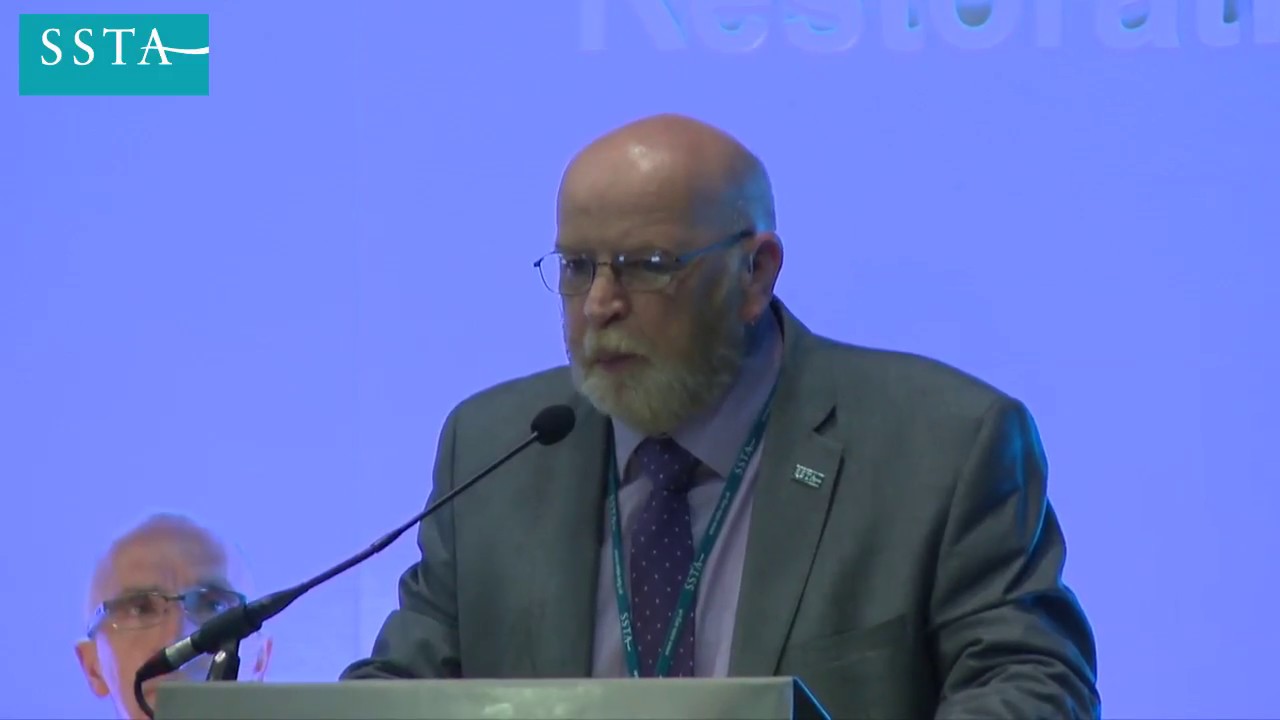
Congress calls on Local Authorities to provide adequate training in all schools to address Islamophobia. It is also incumbent on school leaders to ensure that related teaching materials are accurate and up to date.
Proposer: Stuart Hunter, Lothian Area
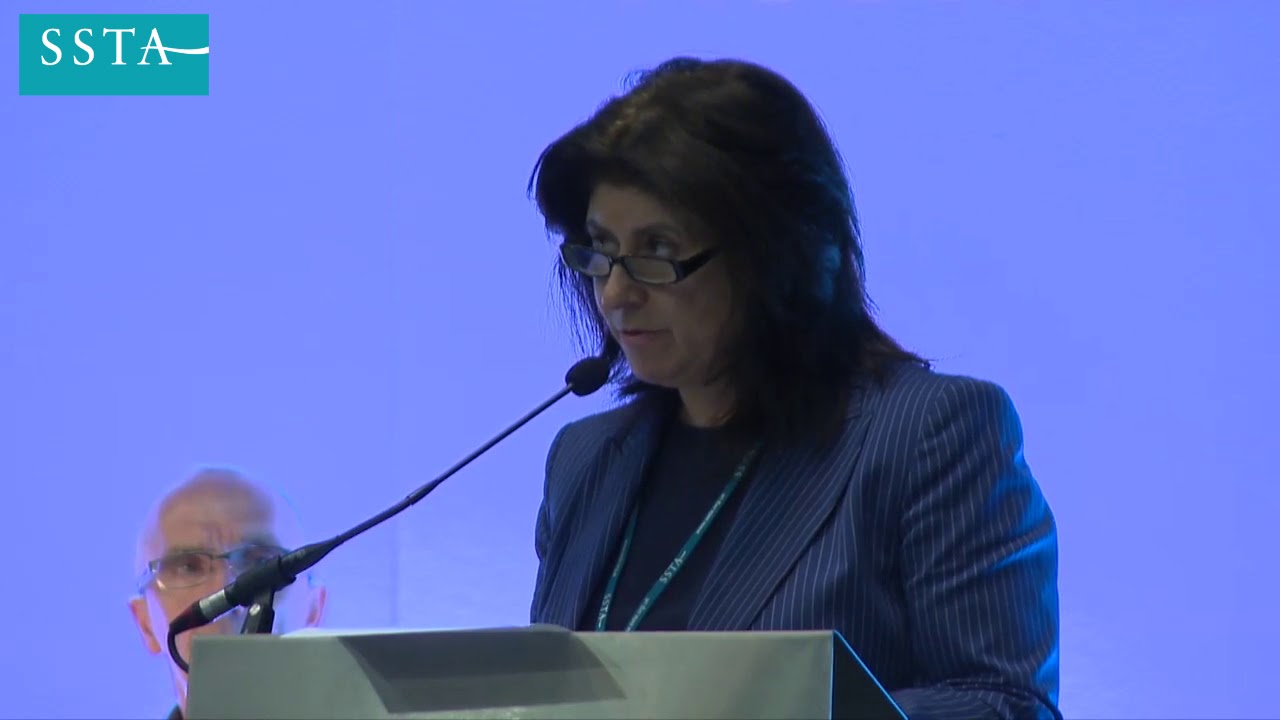
Unauthorised absenteeism, violent incidents and poor behaviour have a negative impact on the learning environment and also create additional stress and workload for both pupils and teachers.
Congress calls on the Government to use key information on these factors, which are barriers to closing the attainment gap, and to develop an effective strategy for schools.
Proposer: Sandra Richardson, Lothian Area
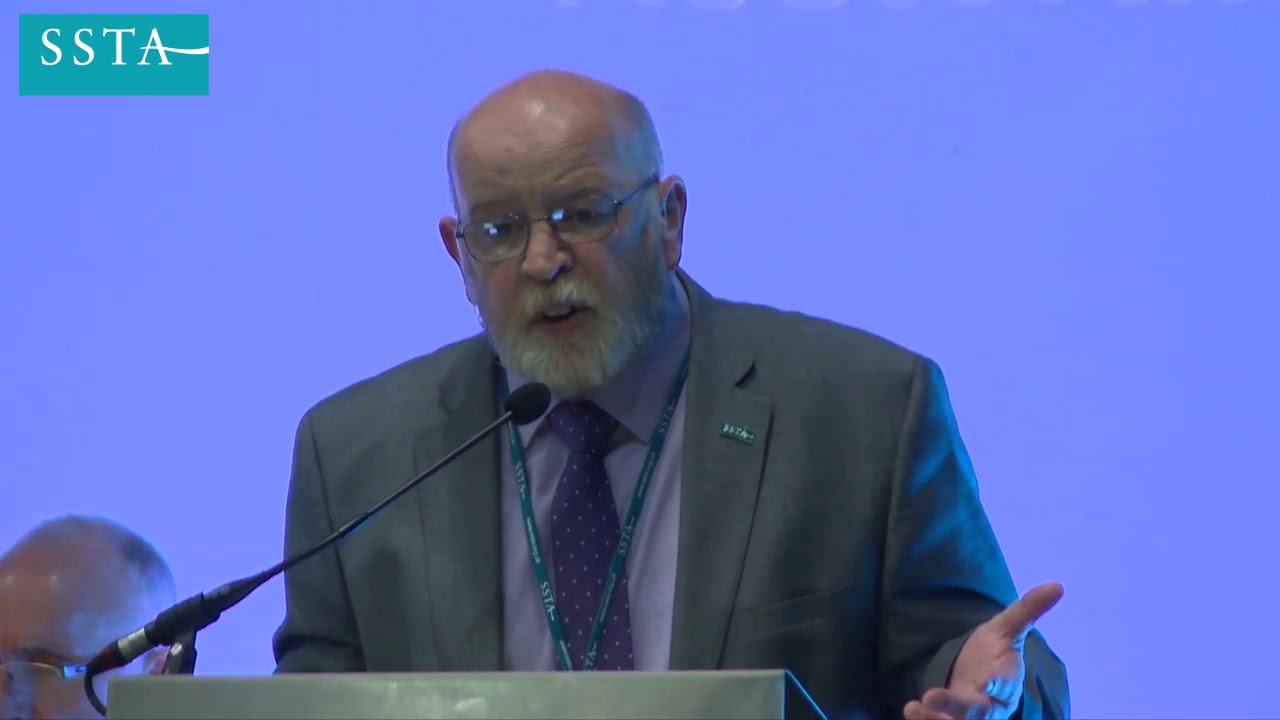
A cornerstone of CfE is pupil choice in their course of study. However, Government pressure on schools to raise attainment has seen more students being denied their preferred choice in favour of courses which ensure improved overall school results. Congress calls on Education Scotland to ascertain how widespread this practice is and suggest recommendations on the outcomes.
Proposer: Stuart Hunter, Lothian Area
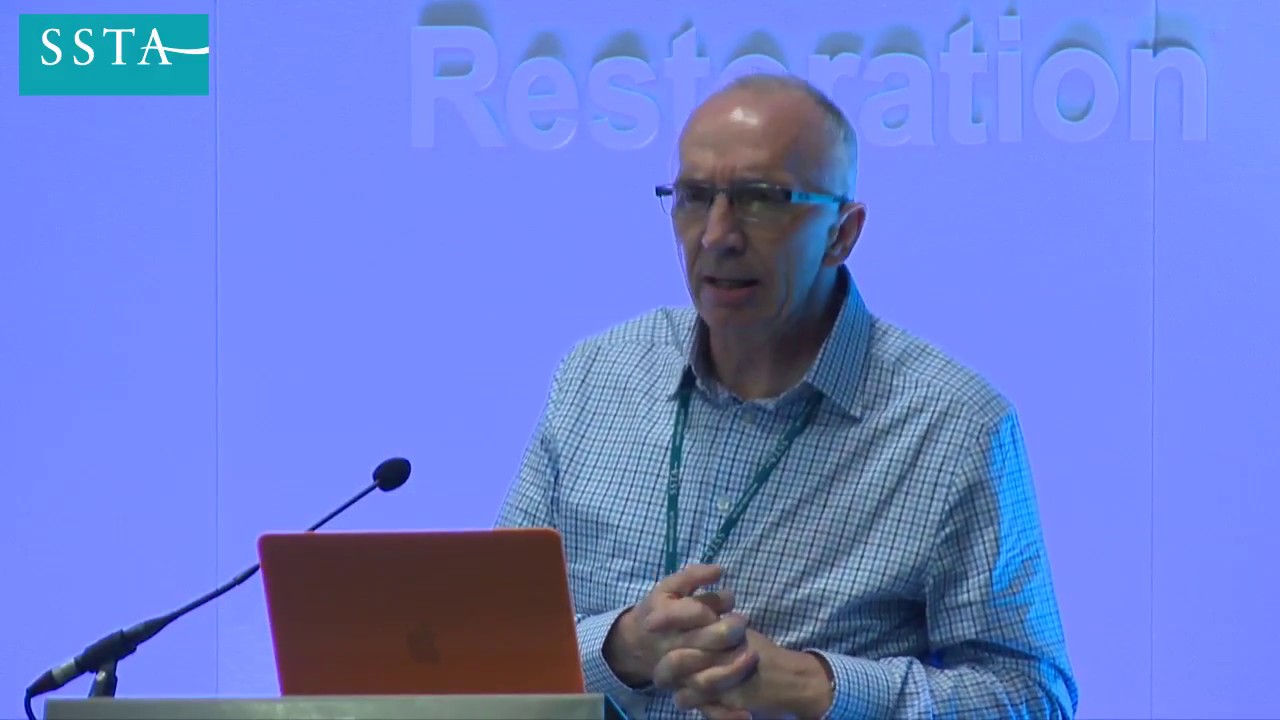
Congress is seriously concerned by the demands placed upon pupils and teachers in the Government’s and Scottish Qualification Authority (SQA) ‘dash’ to bring about changes in the introduction of new National Qualifications. The constant SQA demand for quantity rather that quality undermines the true purpose of education. The SSTA survey has highlighted the additional workload and stress that has been placed upon pupils and teachers and the damage it is causing.
Congress demands a reduction in the recently increased exam requirements demanded by SQA, by reducing the length of exams and unnecessary burdens of additional and expanded assignments. Congress further demands that the SQA acknowledges the primacy of the teacher’s professional judgement in assessing National Qualifications as a way of reducing bureaucracy.
Proposer: James Cowans National Executive
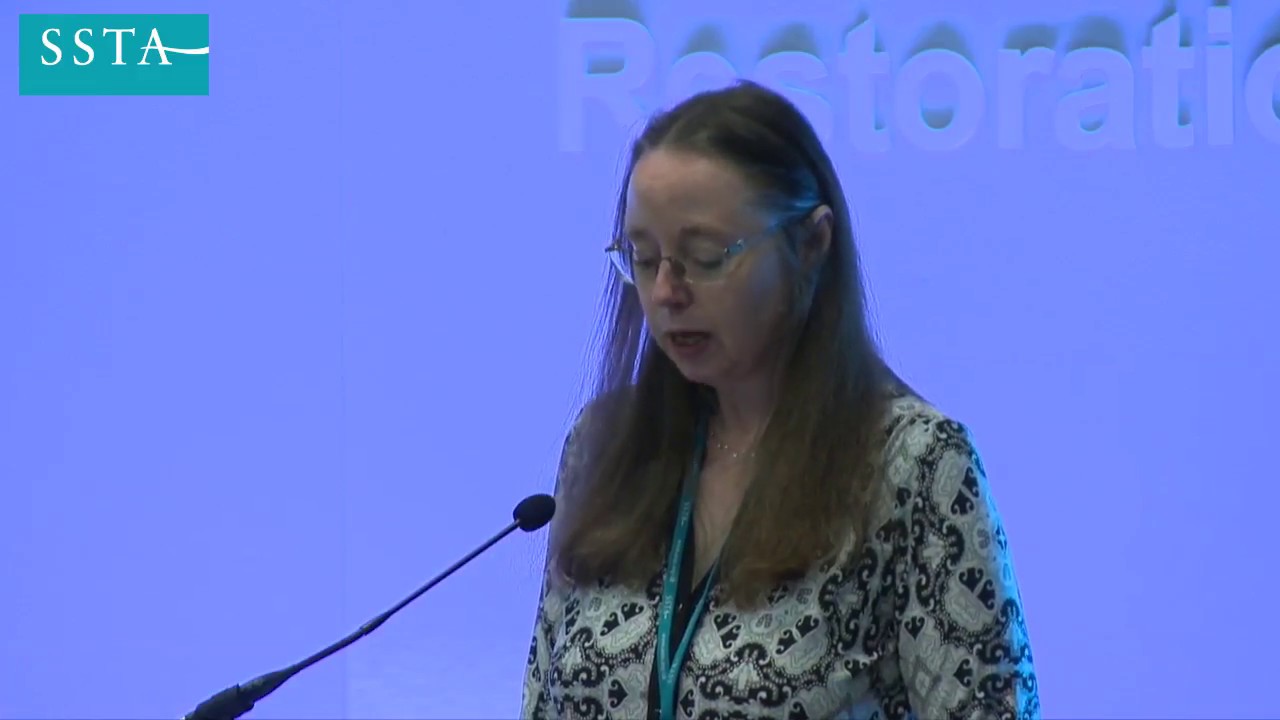
This Association calls on Education Scotland, after consultation with Professional Associations, to supply high quality resources for teachers to deliver the SQA National courses and assessments.
Proposer: Catherine Nicol, Education Committee
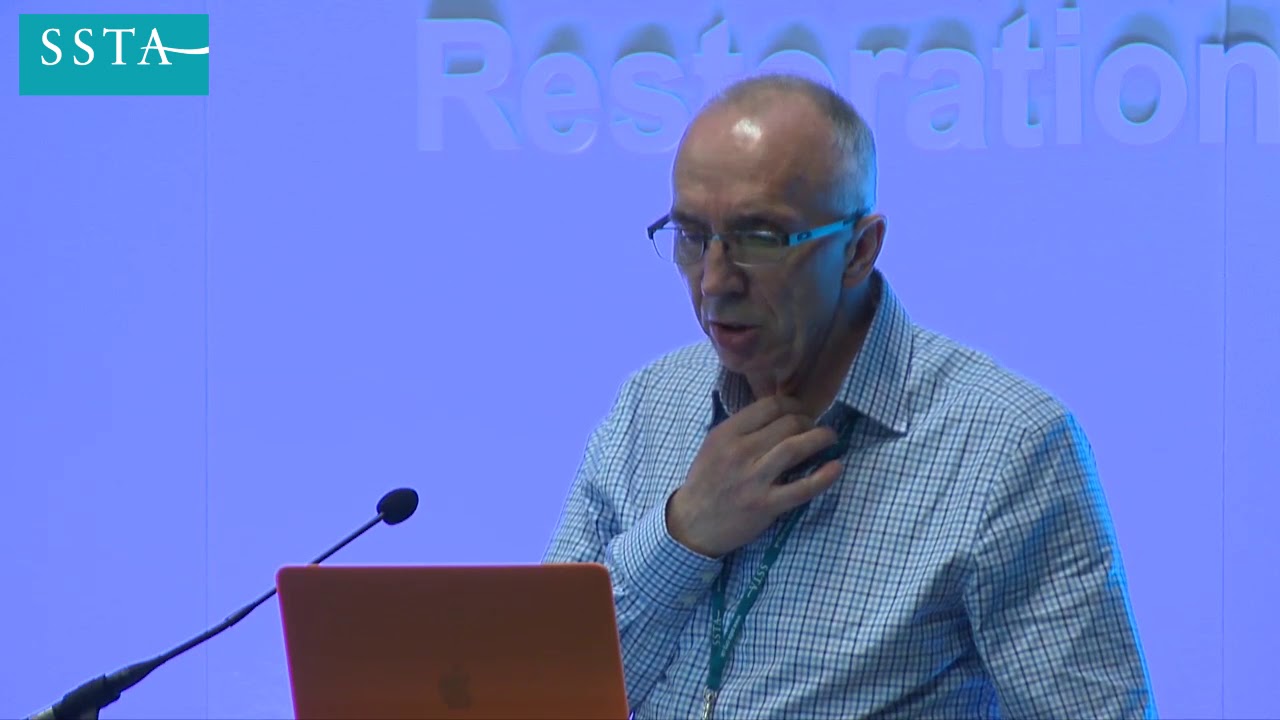
The SSTA demands that Education Scotland and the SQA have time frames, agreed with Professional Associations, for the publishing and implementation of changes to the Curriculum and National Qualifications.
This would ensure sufficient time for development of the syllabus and the production or adaptation of teaching materials.
Proposer: James Cowans, Education Committee
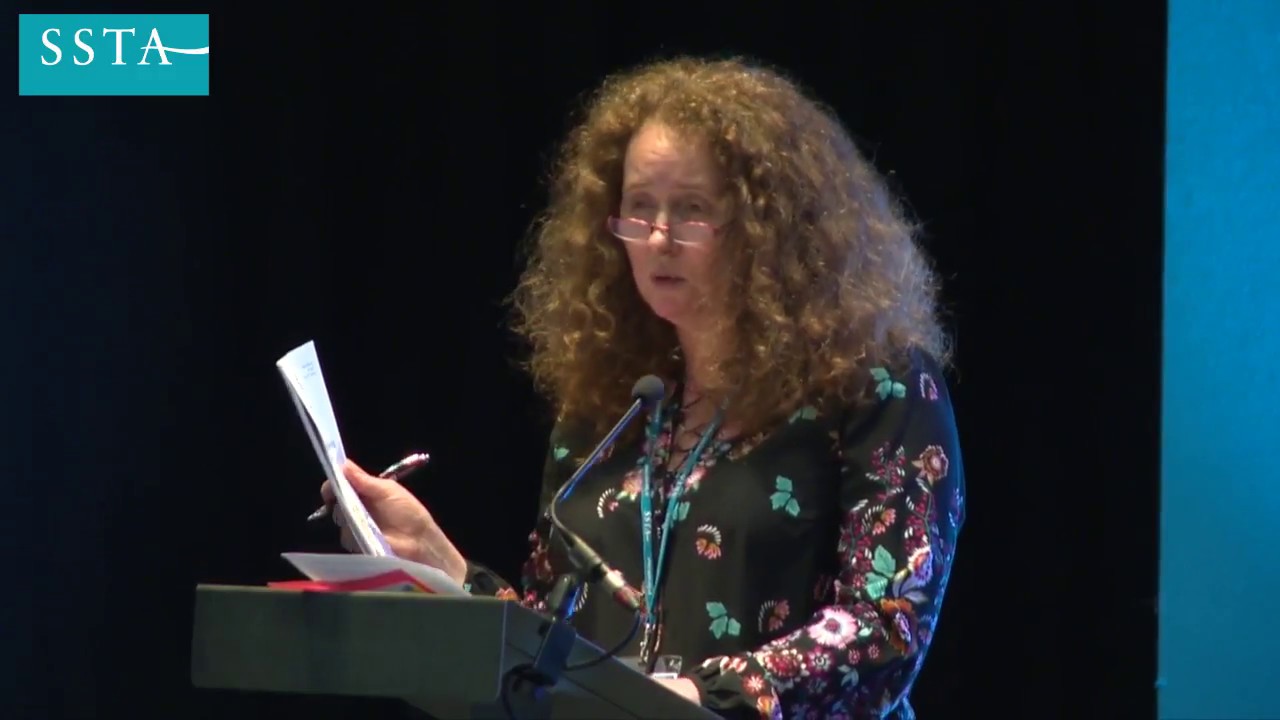
The SSTA demands that the Scottish Government implements the recommendations of the Education & Skills Committee SP Paper 140 published in May 2017 ‘How is Additional Support for Learning Working in Practice?’, which identifies the need for appropriate funding and resources to fully meet legislative requirements of the Education (Additional Support for Learning) (Scotland) Act 2004.
Proposer: Janine McCullough, Additional Support Needs Panel
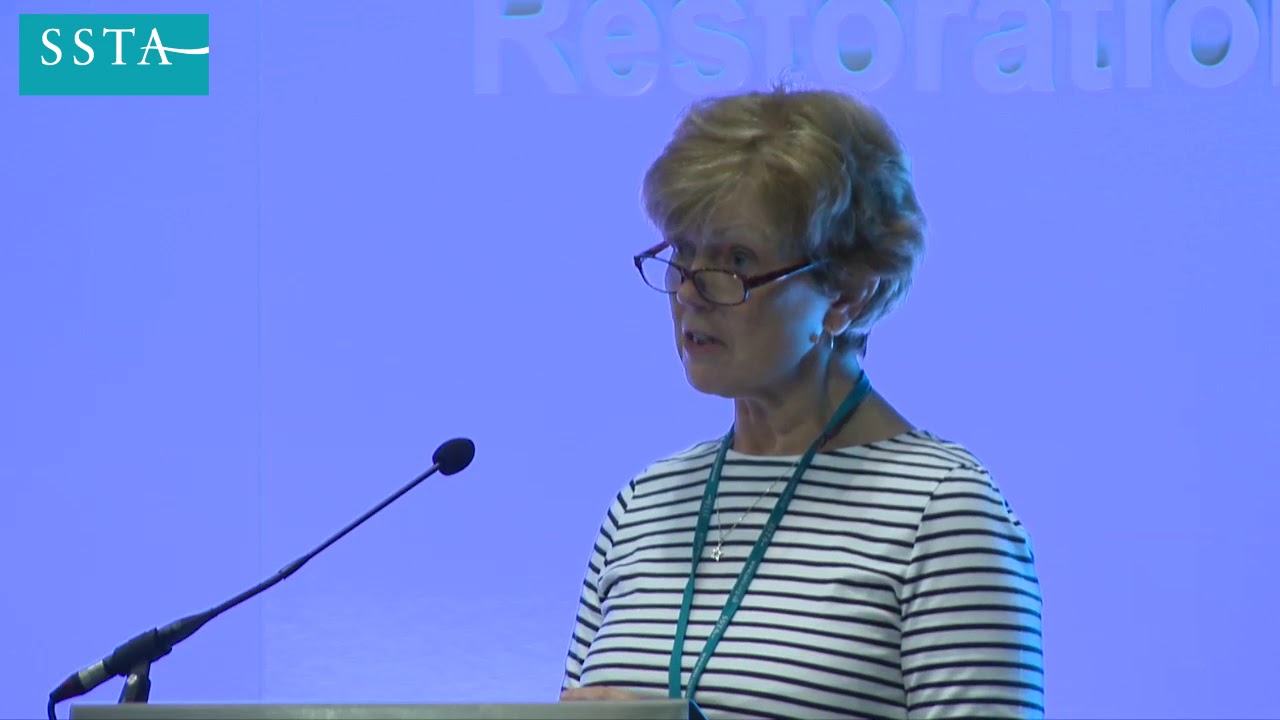
Congress is concerned about the lack of support for young people’s mental health. Although Guidance staff are doing their best to plug the gaps, they are not adequately trained and don’t have sufficient time to provide this support.
SSTA calls on the Scottish Government and Cosla to provide adequate funding, training and support for young people’s mental health.
Proposer: Sally Shearer, East Dunbartonshire
Education Scotland has a focus on inclusion, but is inclusion working for all? The removal of support in schools is at odds with the increase in violent incidents leading to experienced and well qualified teachers increasingly leaving the profession. The Association calls on the Scottish Government and local authorities to acknowledge their duty of care and take a pro-active approach to inclusion by ensuring sufficient funding is available for Additional Support Needs and behaviour support.
Proposer: Jacquie Bradley Heeps, Health & Safety Advisory Panel
The SSTA is concerned about the disproportionate effect that a relatively small cohort of poorly motivated and disengaged pupils is having on learning and teaching.
Congress calls on the Scottish Government and Cosla to provide teachers in schools with more support in dealing with these pupils in order to provide a better learning environment for pupils and thereby improve attainment.
Proposer: Neil Sinclair, Ayrshire
This Association expresses concern that the Scottish Government has not fully considered teacher Health and Well-being to be a central feature of any improvement plan in Scottish Education.
Congress calls on the Scottish Government to ensure that steps are taken to improve teacher Health and Well-being as part of Local Authority and Education Scotland inspections.
Proposer: Paul Cochrane, Renfrew Area
The Association accepts that Surveillance CCTV improves the safety and security of the School building. The use of it however throws up other issues pertaining to the use of Surveillance CCTV within the classroom. The Association calls on all Local Authorities to ensure that such technologies are not to be used to gather data for performance management purposes or capability procedures.
Proposer: Stuart Allison, North Lanarkshire
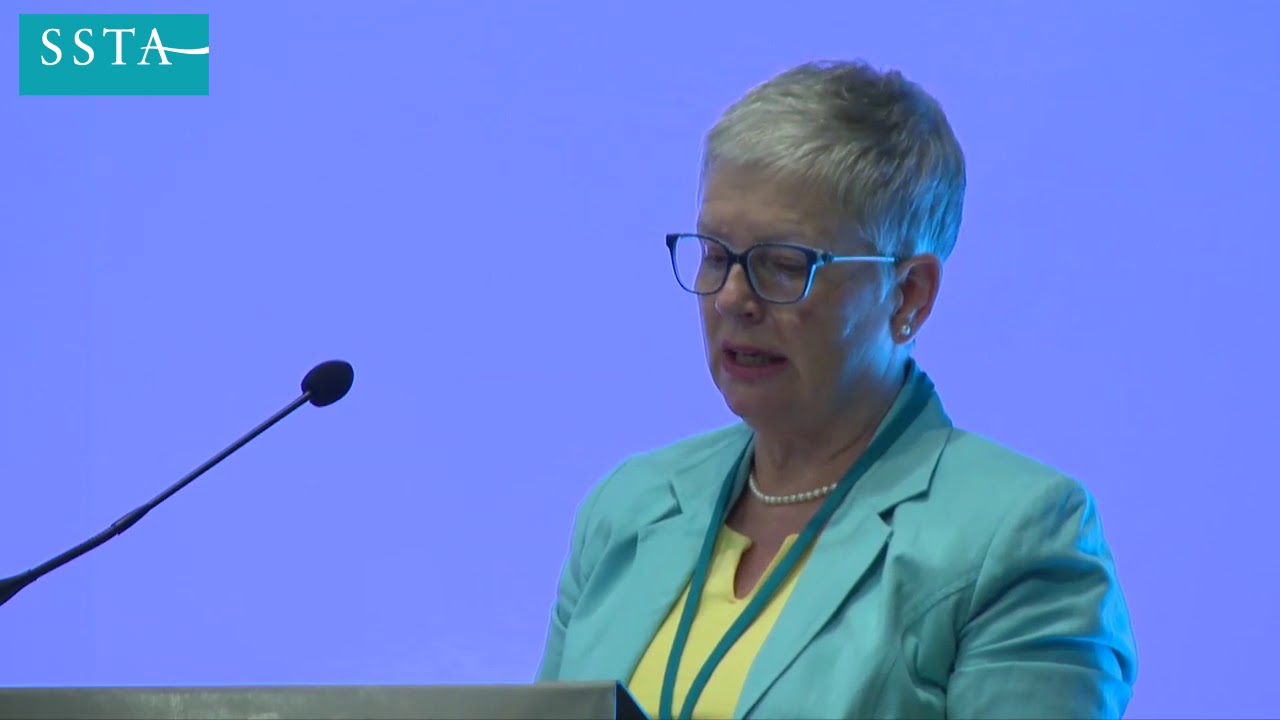
Due to staffing issues which increasingly mean that Head Teachers and Depute Head Teachers are being used to cover classes, there are now times when no member of Senior Management is available to deal with any serious incidents or issues that may arise. This presents a significant Health and Safety risk and has to be addressed as a matter of urgency.
Congress calls on the Scottish Government to include in its proposed education reform a requirement that all secondary schools should always have a member of Senior Management available in the school and non-teaching, throughout the school day.
Proposer: Ruth French, Aberdeenshire
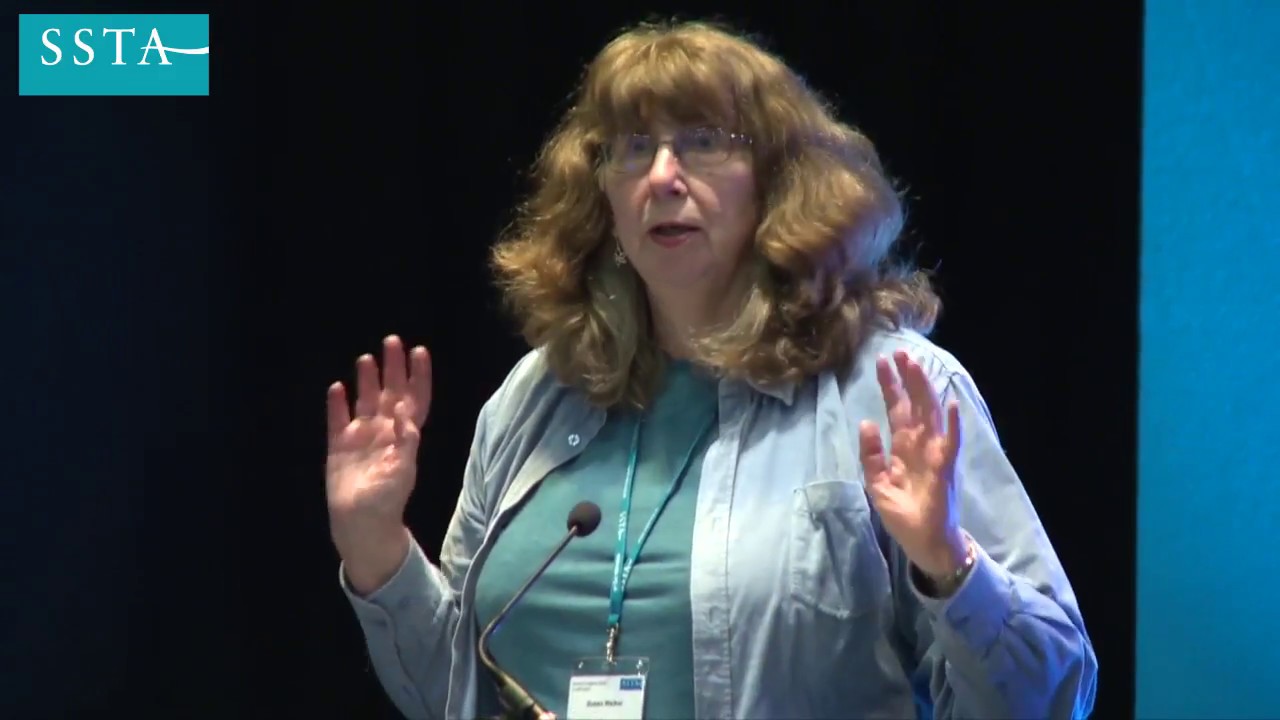
Congress is concerned that the Scottish Government is focusing on recruitment of teachers without having given due consideration to the reasons why teachers are leaving the profession at an alarming rate.
There are numerous examples of teachers leaving the profession much earlier than they have anticipated, and yet no proper study has been done to identify the factors which lead to those decisions.
Congress therefore calls on the Scottish Government to commission appropriate research into the reason teachers are leaving the profession prematurely so that the causes can be addressed.
Proposer: Susan Walker, Aberdeenshire
